Hong Kong's Monetary Authority Takes Charge With Plan to Regulate Stablecoins
Top financial regulator announces mandatory licensing for stablecoin issuers and ban on algorithmic stablecoins in Hong Kong

The HKMA has released its "Consultation Conclusions" on crypto-assets and stablecoins, proposing the implementation of a licensing system for stablecoins. Recent events in the crypto market have revealed weaknesses in the governance, stabilisation mechanisms, and transparency of crypto service providers. In response, the HKMA's proposals align with international efforts to regulate stablecoin-related activities, such as the Monetary Authority of Singapore's measures to regulate stablecoin issuance. The proposed licensing plans prioritize the regulation of stablecoins that reference fiat currencies, regardless of their intended use or stabilisation mechanism ("In-Scope Stablecoins"). However, stablecoins that reference fiat currencies through algorithms or arbitrage mechanisms are unlikely to meet the HKMA's regulatory requirements, leaving them unregulated in the short term. Nevertheless, the HKMA may expand its regulatory scope to include other stablecoin structures, with "guiding factors" to be published in the future.
Proposed Stablecoin Licensing Regime: Key Features
The HKMA’s proposed stablecoin licensing regime adopts a risk-based approach, where the same level of regulation applies to similar risk profiles. Instead of a single license, the HKMA proposes various licenses that target specific regulated activities.
The HKMA intends to regulate the following crucial functions:
- Governance: Establishing and maintaining rules governing In-Scope Stablecoin arrangements.
- Issuance: Issuing, creating, or destroying In-Scope Stablecoins.
- Stabilisation: Managing stabilisation and reserve arrangements of In-Scope Stablecoins, whether provided by the issuer or not.
- Wallets: Providing services that allow users to store cryptographic keys, access their In-Scope Stablecoin holdings, and manage such stablecoins.
Under the proposed stablecoin licensing regime, entities involved in the following activities will need to obtain a license:
- Engaging in a regulated activity related to an In-Scope Stablecoin
- Actively marketing a regulated activity to the Hong Kong public
- Being deemed by the HKMA to require regulation due to significant public interest.
Entities involved in activities related to a stablecoin that claims to be pegged to the Hong Kong dollar should pay special attention. Such entities will be required to obtain a license and comply with regulatory obligations under the proposed regime, regardless of whether the activity is conducted in Hong Kong or marketed to the public there.
The Hong Kong Monetary Authority (HKMA) has clarified that both Hong Kong authorised banks (referred to as "Authorised Institutions" or "AIs") and non-AIs can apply for a stablecoin license. This aligns with international standards and is expected to enhance Hong Kong's competitiveness in the crypto industry. To ensure the suitability and propriety of stablecoin issuers, the HKMA will adjust the final regulatory requirements based on the risks presented by each type of issuer to the financial system. Although AIs are already subject to rigorous regulatory requirements compared to non-AIs, it is unclear whether the regulatory requirements for AI and non-AI stablecoin issuers will be the same.
Key regulatory principles:
While the HKMA has not yet released the specific regulatory requirements for each regulated activity, it has identified the following overarching guidelines as the critical elements of the proposed licensing regime:
- Comprehensive regulatory framework: The HKMA will impose regulatory requirements covering a broad range of issues, including ownership, governance and management, financial resources requirements, risk management, anti-money laundering/counter-terrorist financing (AML/CFT), user protection, and regular audits and disclosure requirements.
- Full backing and redemption at par: The value of reserve assets of a stablecoin arrangement must match the value of outstanding stablecoins at all times. The reserve assets must be of high quality and high liquidity to enable stablecoin holders to redeem the stablecoins into the referenced fiat currency at par within a reasonable period.
- Principal business restriction: Regulated entities are restricted from conducting activities that deviate from their principal business as permitted under their relevant license. For example, a wallet operator should not engage in lending activities.
The requirement for an asset-backed stablecoin arrangement is significant because stablecoins that derive their value from arbitrage or algorithms are unlikely to be accepted under the proposed licensing regime. While these stablecoins qualify as In-Scope Stablecoins, entities providing such stablecoin arrangements are unlikely to receive a license from the HKMA.
The HKMA emphasises a flexible approach that allows it to "scope in" regulated activities and entities that are not strictly captured under the licensing regime. Therefore, the proposals above should be viewed as the initial phase of the licensing regime. The HKMA plans to publish assessment criteria and guiding principles to support its flexible approach. Consequently, if unregulated stablecoin related activities and/or unlicensed entities pose a greater and more imminent threat to Hong Kong's financial and monetary stability than currently anticipated, the HKMA is open to expanding the licensing regime to cover them.
The HKMA's Regulatory Position on Unbacked Crypto-Assets
In its Discussion Paper, the HKMA requested feedback on whether it should regulate unbacked crypto-assets, given their growing linkage with the mainstream financial system and the associated risk to financial stability. As responses on this issue have been varied and in line with global regulatory trends, the HKMA has decided to suspend any plans to regulate unbacked crypto-assets for the time being and instead concentrate on regulating stablecoins. Nevertheless, the HKMA will keep an eye on the potential risks that unbacked crypto-assets pose to Hong Kong's monetary and financial stability.
The Next Steps in the Stablecoin Regulations Roadmap
The HKMA plans to establish the stablecoin regulatory regime by 2023/24, taking into account the need to align Hong Kong's local regulatory regime with forthcoming international recommendations and standards, which are expected to be released in the next one to two years. Given the cross-border nature of stablecoins, the HKMA has proposed possible cooperation and coordination among relevant financial regulators.
The proposed timeline will allow the HKMA to consider how the stablecoin licensing regime can be integrated into the broader virtual assets regulatory framework in Hong Kong, specifically the licensing regime for virtual asset service providers (VASPs) administered by the Securities and Futures Commission (SFC). The SFC's licensing regime for VASPs will become effective on 1 June 2023. Please see our client alert on the specifics of the SFC's licensing regime.
It is probable that the stablecoin regulations will be introduced either as an amendment to the Payment Systems and Stored Value Facilities Ordinance or as new, standalone legislation. The HKMA has not committed to a transitional period in its Consultation Conclusions. However, as a considerable number of responses sought a transitional period to allow existing service providers sufficient time to adjust their internal policies, procedures, and controls to comply with new regulations, the HKMA may consider including a transitional period in the future.
In conclusion, the HKMA's proposals represent a significant first step towards stablecoin regulation in Hong Kong, and the authority is expected to conduct further consultations to map out the particulars of the regulations. The HKMA's stablecoin licensing regime is a risk-based approach that aims to introduce different licenses targeting different regulated activities, which mirrors international efforts to regulate stablecoin related activities. With its new regulatory regime, HKMA aims to protect users and ensure the stability of the financial system in Hong Kong. As the HKMA's proposals evolve, it will be essential to keep a close eye on developments in this space and provide updates accordingly.
Disclaimer:
GlobalStablecoins.com is an informational website that provides news about coins, blockchain companies, blockchain products and blockchain events. Don’t take it as investment advice. Speak to an advisor before you risk investing in an ICO, Cryptocurrencies, Cryptoassets, Security Tokens, Utility Tokens, Exchange Tokens, Global Stablecoins, Stablecoins or eMoney Tokens. GlobalStablecoins.com is not accountable, directly or indirectly, for any damage or loss incurred, alleged or otherwise, in connection to the use or reliance of any content you read on the site.
Affiliate Disclosure / Sponsored Posts:
If a Sponsored Post contains any mention of a crypto project, we encourage our readers to conduct diligence prior to taking further action. GlobalStablecoins.com does not recommend that any cryptocurrency should be bought, sold, or held by you. Do conduct your own due diligence and consult your financial advisor before making any investment decisions.
GlobalStablecoins.com may receive compensation for affiliate links. Should you perform activities in relation to an affiliate link, it is understood that some form of compensation might be made to GlobalStablecoins.com. For example, if you click on an affiliate link, and sign up and trade on an exchange, GlobalStablecoins.com may receive compensation.
Before you invest in Cryptoassets you should be aware of the following,
Cryptoassets are considered very high risk, speculative investments.
If you invest in Cryptoassets you should be prepared to lose all your money.
All Sponsored Posts are paid for by crypto projects, coin foundations, advertising firms, PR firms, or other marketing agencies. GlobalStablecoins.com is not a subsidiary of any marketing agency, nor are we owned by any crypto or blockchain foundation.
The purpose of offering Sponsored Posts to our advertisers is to help fund the day-to-day business operations at GlobalStablecoins.com.
If you come across a Sponsored Post which you believe is fraudulent and/or “scammy,” please contact us and we will perform an immediate investigation.
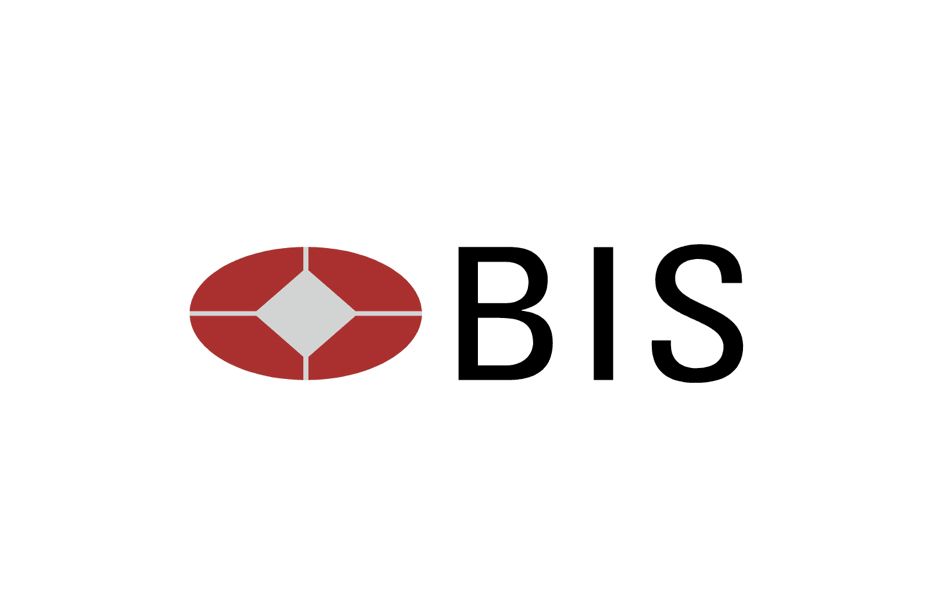
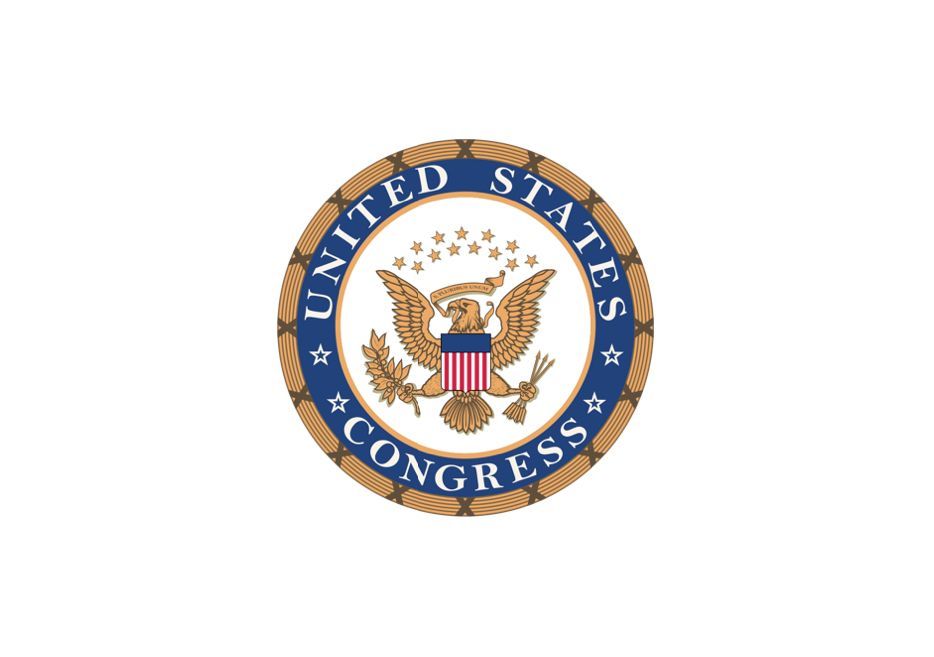

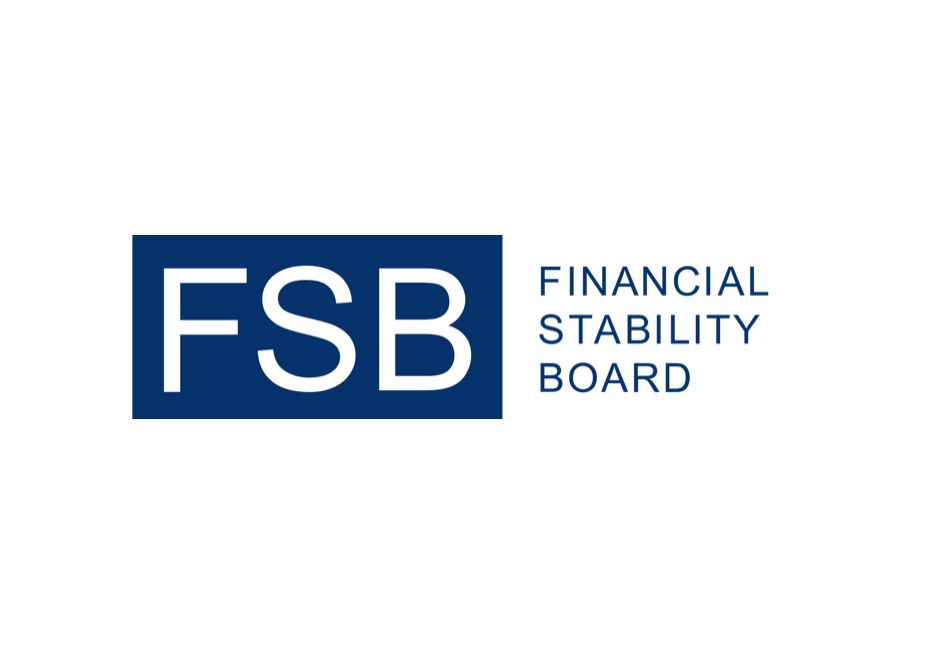
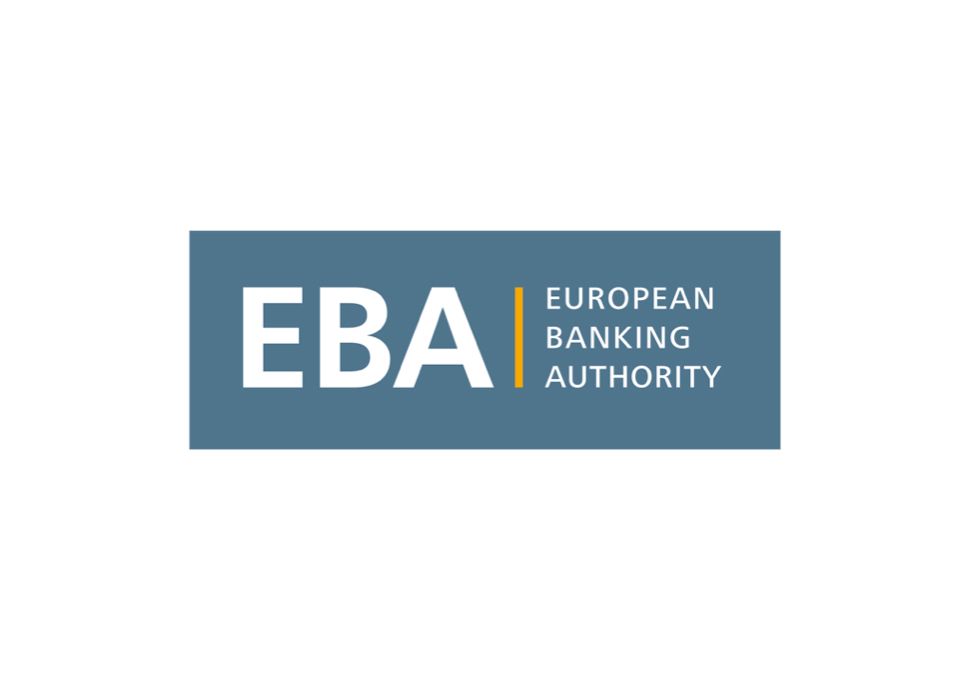
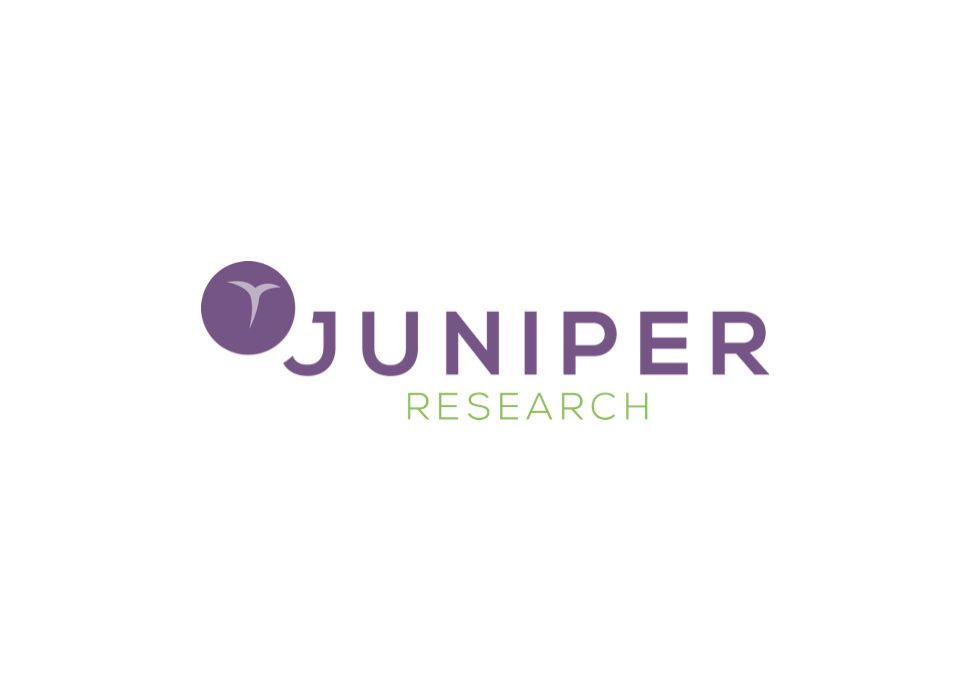
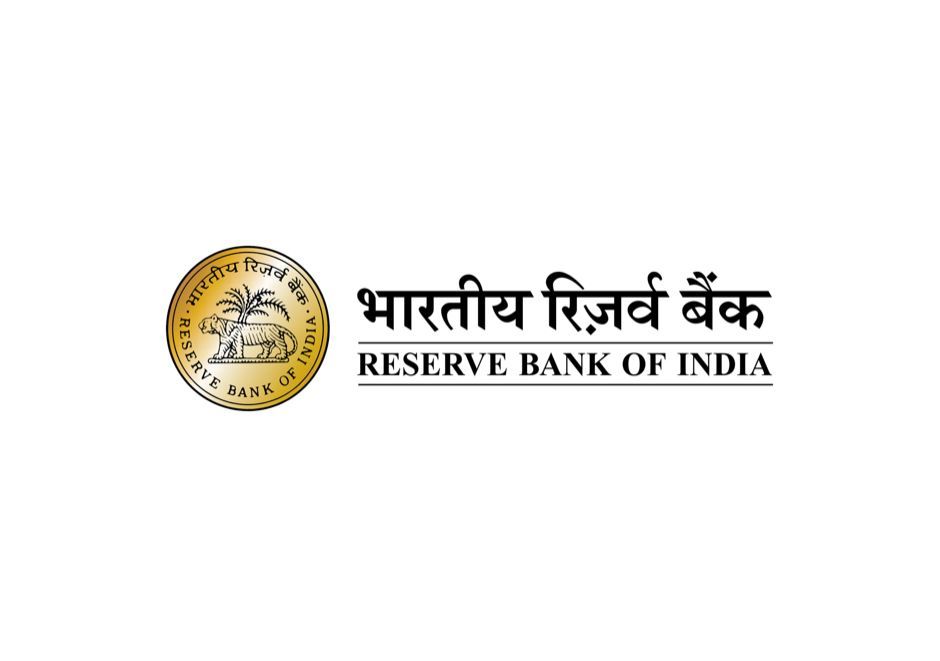
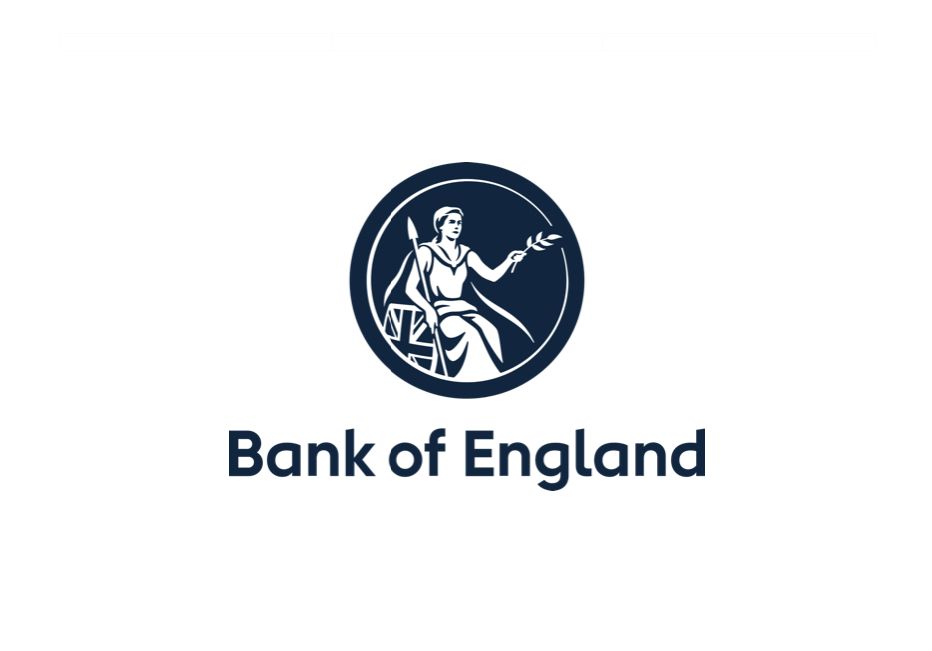
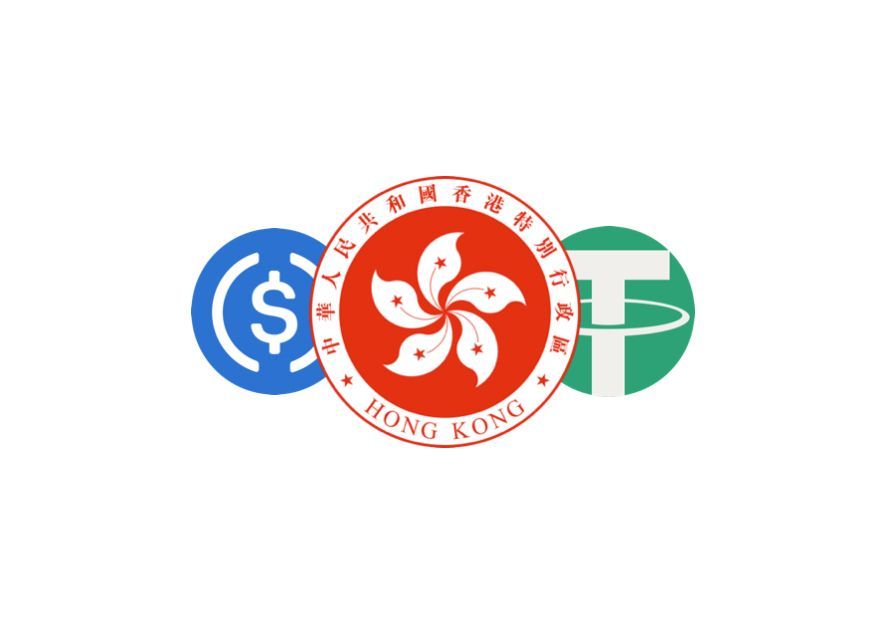
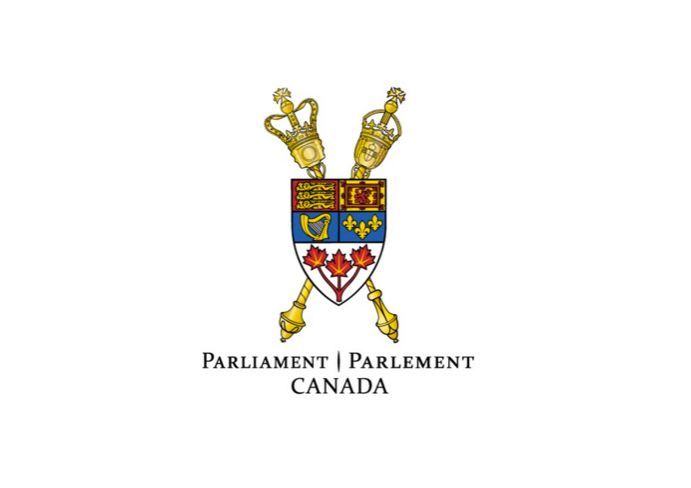
Disclaimer:
GlobalStablecoins.com is an informational website that provides news about coins, blockchain companies, blockchain products and blockchain events. Don’t take it as investment advice. Speak to an advisor before you risk investing in an ICO, Cryptocurrencies, Cryptoassets, Security Tokens, Utility Tokens, Exchange Tokens, Global Stablecoins, Stablecoins or eMoney Tokens. GlobalStablecoins.com is not accountable, directly or indirectly, for any damage or loss incurred, alleged or otherwise, in connection to the use or reliance of any content you read on the site.
Affiliate Disclosure / Sponsored Posts:
If a Sponsored Post contains any mention of a crypto project, we encourage our readers to conduct diligence prior to taking further action. GlobalStablecoins.com does not recommend that any cryptocurrency should be bought, sold, or held by you. Do conduct your own due diligence and consult your financial advisor before making any investment decisions.
GlobalStablecoins.com may receive compensation for affiliate links. Should you perform activities in relation to an affiliate link, it is understood that some form of compensation might be made to GlobalStablecoins.com. For example, if you click on an affiliate link, and sign up and trade on an exchange, GlobalStablecoins.com may receive compensation.
Before you invest in Cryptoassets you should be aware of the following,
Cryptoassets are considered very high risk, speculative investments.
If you invest in Cryptoassets you should be prepared to lose all your money.
All Sponsored Posts are paid for by crypto projects, coin foundations, advertising firms, PR firms, or other marketing agencies. GlobalStablecoins.com is not a subsidiary of any marketing agency, nor are we owned by any crypto or blockchain foundation.
The purpose of offering Sponsored Posts to our advertisers is to help fund the day-to-day business operations at GlobalStablecoins.com.
If you come across a Sponsored Post which you believe is fraudulent and/or “scammy,” please contact us and we will perform an immediate investigation.
All Rights Reserved | GlobalStablecoins.com
